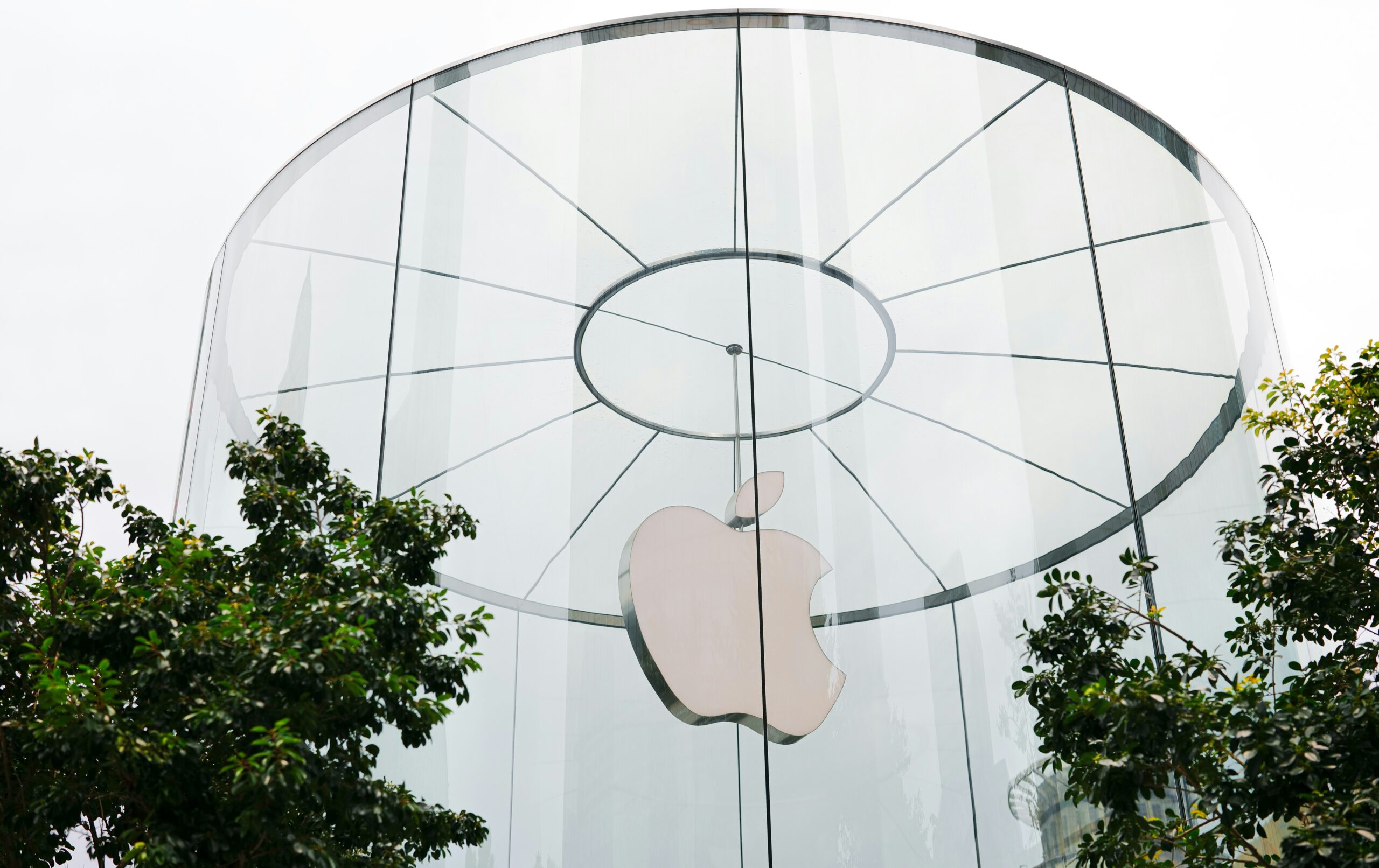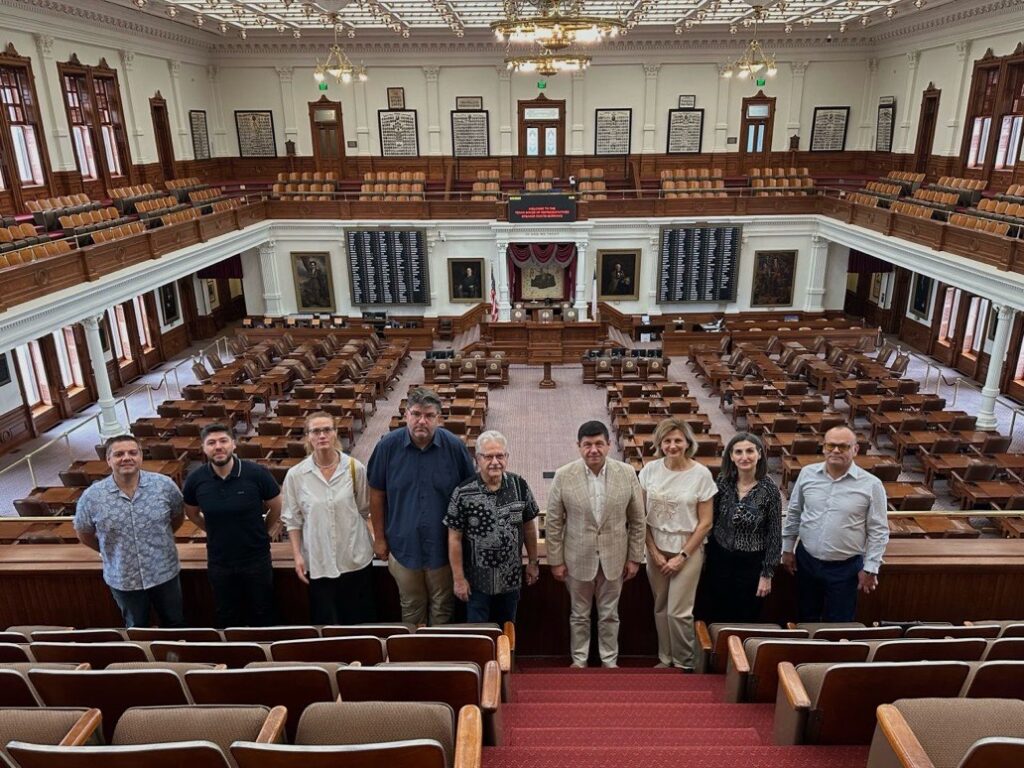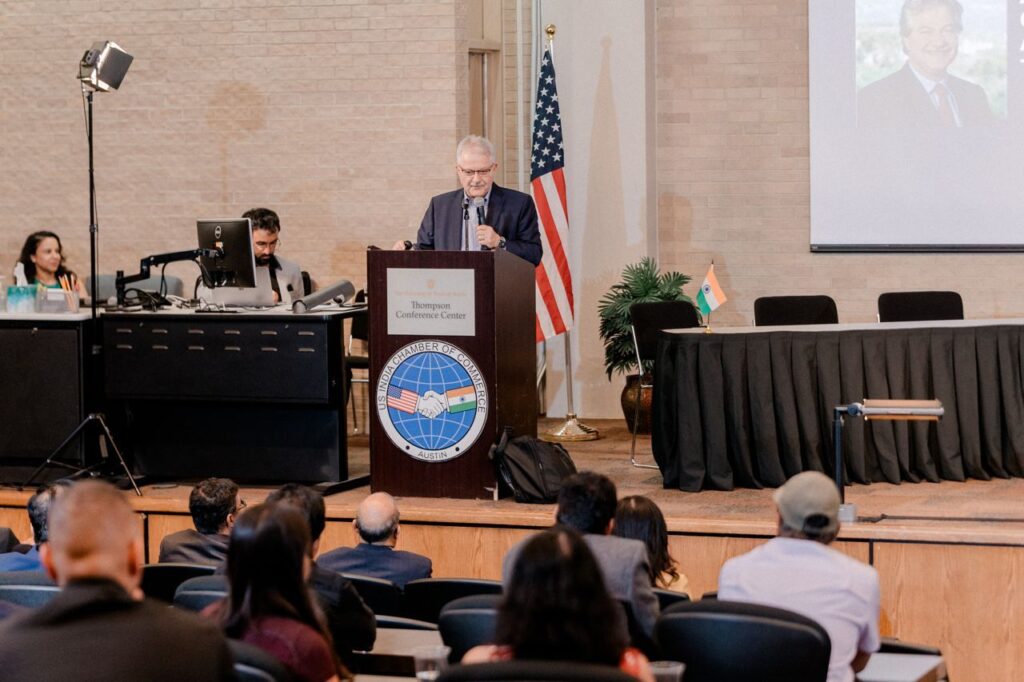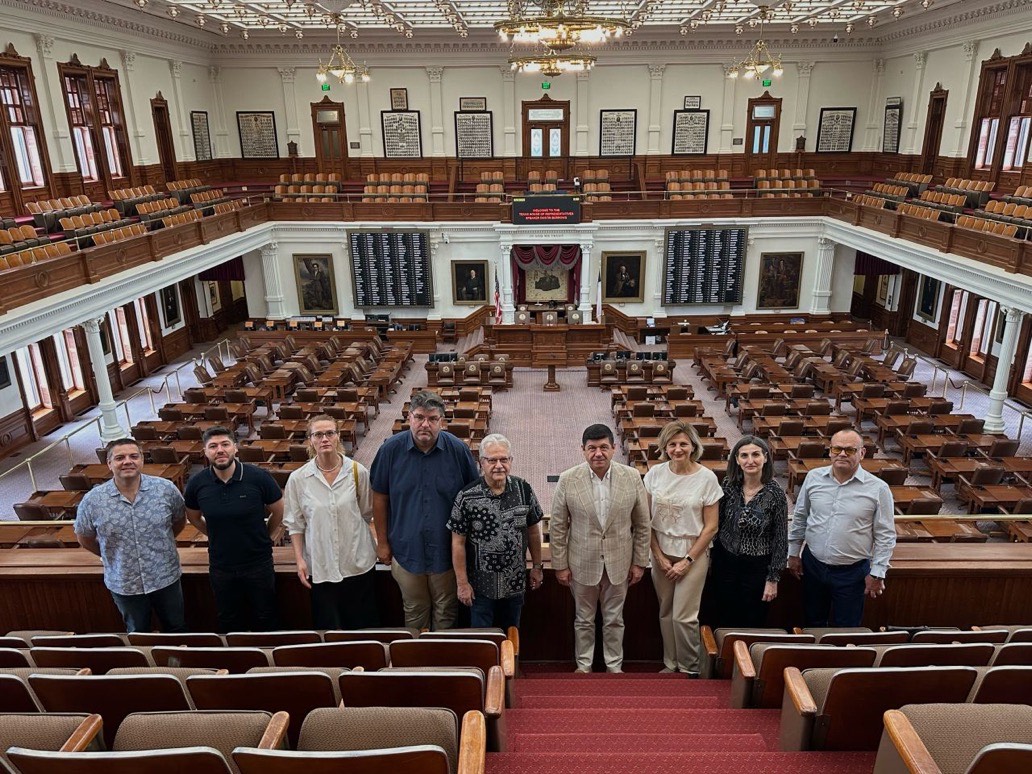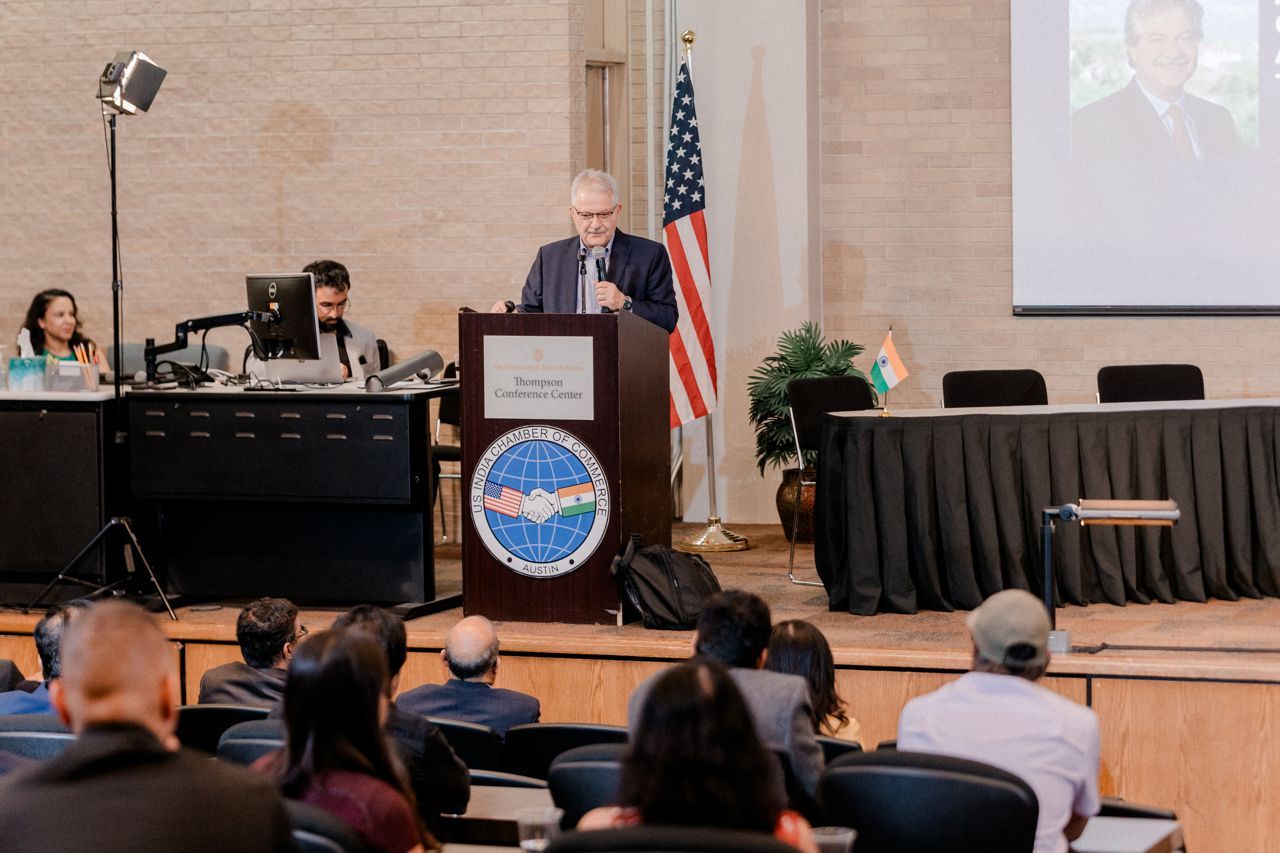Apple’s presence in Austin, Texas, has had a profound and far-reaching impact on the local economy, contributing to job creation, tax revenue, real estate development, and the growth of the technology sector.
First and foremost, Apple has created thousands of jobs in Austin, ranging from manufacturing to software development to customer service. In 2020, the company announced plans to expand its presence in the city with a new $1 billion campus that will add 5,000 new jobs to the local economy. Apple already employs around 7,000 people in the area, making it one of the largest employers in the city.
These jobs have a significant impact on the local economy, not only by providing employment opportunities but also by creating a ripple effect throughout the region. When people have jobs, they have money to spend on goods and services, which in turn creates more jobs in industries such as retail and hospitality. This multiplier effect means that Apple’s investment in Austin has a much broader impact than just the jobs it creates directly.
Apple’s presence in Austin has also led to the creation of a robust supplier network in the region. These suppliers provide goods and services to Apple, which in turn contributes to the local economy. For example, in 2019, Apple spent $1.4 billion with suppliers in Texas, and many of these suppliers are located in the Austin area.
These suppliers are often small and medium-sized businesses, and their ability to secure contracts with Apple can be transformative for their operations. Apple’s demand for high-quality products and services can lead to increased investment in research and development, better business practices, and greater efficiency. This, in turn, can benefit not only the suppliers themselves but also the wider economy by creating new jobs and increasing competitiveness.
In addition to job creation and the supplier network, Apple’s operations in Austin generate significant tax revenue for the city and the state of Texas. In 2019, the company paid $33 million in property taxes in Austin alone, and its total tax contribution to the state of Texas was $256 million. This tax revenue is used to fund public services such as education, healthcare, and infrastructure.
Apple’s investment in Austin has also led to an increase in demand for real estate in the region. The company’s presence has spurred the development of new housing, retail, and office space in the area, which has contributed to economic growth and job creation. Apple’s new campus, which is set to open in 2022, will occupy 133 acres and include a 192-room hotel, a conference center, and extensive green space.
The real estate development that has occurred in the wake of Apple’s expansion has been a boon for the local economy. New construction projects have created jobs in construction and related industries, and the resulting buildings have created new opportunities for businesses to operate and expand. This, in turn, has attracted more people to the area, which has created further demand for goods and services.
Finally, Apple’s presence in Austin has helped to create a thriving technology ecosystem in the region. The company’s focus on innovation and cutting-edge technology has attracted other high-tech companies to the area, which has created new opportunities for local businesses and entrepreneurs. Austin has become a hub for technology startups, with many companies benefiting from the talent pool and infrastructure that Apple has helped to build.
This technology ecosystem has not only created new jobs but also spurred innovation and entrepreneurship. Austin has become known as a center of innovation and creativity, attracting talented individuals from all over the world. This, in turn, has created a virtuous cycle of innovation and growth, as more companies and talented individuals flock to the area.

